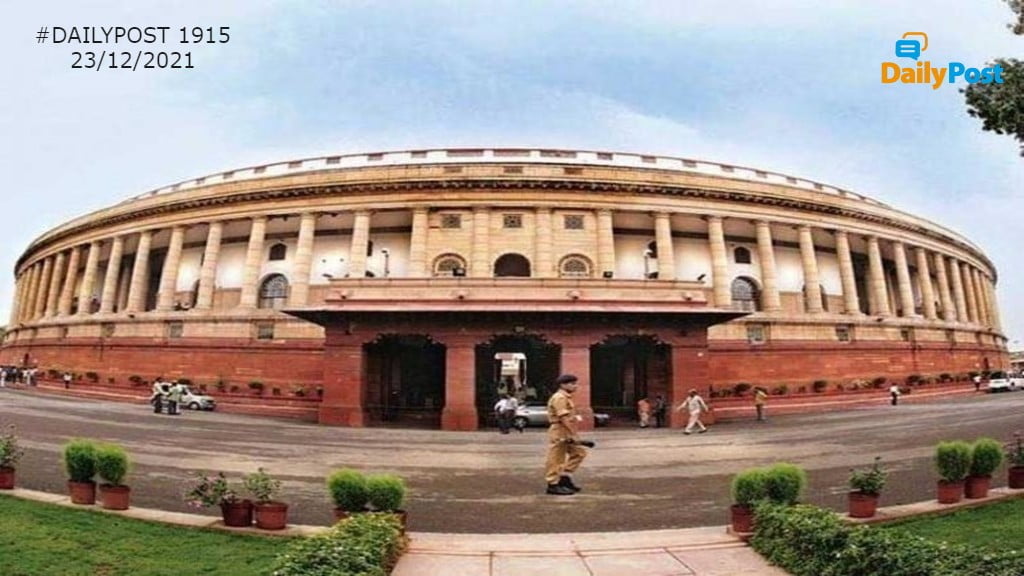DailyPost 1915
ELECTION MODE Vs GOVERNANCE MODE
Are the two modes exclusive? Can both be managed with the same proficiency by the same individual? What are the skills required by the two roles? Are they contradictory to each other? Can a country be permanently on the election mode and yet deliver? Can governance mode deliver, if elections are always at the back of the mind and also the final goal? What are the parameters of performance of good governance, and who gives the marks card? There is no single authority to declare public facts and what is available as objective generally does not get accepted? Between the election mode and the governance mode, which mode wins, all of us know. And most importantly, can election victories be the final arbiter of performance, as it is made out to be.
Two parallel streams cannot jointly deliver, is the fact of human existence. Human resources are extremely critical to human existence, and if all the human resources, i.e. political executives are most of the time busy in non-governance work, governance will automatically suffer. It is not rocket science. Even the best of the professionals finds it difficult to change modes, even in two areas of their expertise, expecting it from politicians will be asking for the moon. Elections are a conglomeration of activities, from strategy to travel to speech making and to getting into whatever it takes to cajole the electorate. It needs infinite time, unstinted focus, effort and to be with people, who have nothing to do with governance.
If we add up all the time Election Commissions parcel out for the elections of all types, the time for electioneering end to end, would end up in an unacceptable number of days, from a governance point of view. But we have been bearing it for ages. The governance goes in limbo officially with the model code of conduct. It also means lack of general governance. Given the political climate of the day, the level and stature of leaders and the level of elections – panchayati raj, urban local bodies also become a hunting ground for big leaders, leave aside assembly elections. The indirect elections also take their pound of governance time. If we add the time spent for the formation of governments and change of guard or the change of government itself, God knows how much time we are left with for governance.
The time spent in sessions are also times of limbo. The whole governance machinery gears full time for the session’s proceedings and governance at higher levels gets completely tied with it. Is democracy an art of governance or the art of getting in power and making government and dislodging it. So far the latter has been the running trend in this country. Governance is an extremely complex task of humongous magnitude, and cannot be lost at the altar of politics. Decision making even at the micro level has moved out the hands of the permanent executive to the political executive, the perils of which is on public display. Their time is spent being permanently in the election mode. Where do we go from here?
THE SUBSERVIENCE OF GOVERNANCE MODE IS A CLEAR INDICATION OF THE QUALITY OF GOVERNANCE.
Sanjay Sahay

